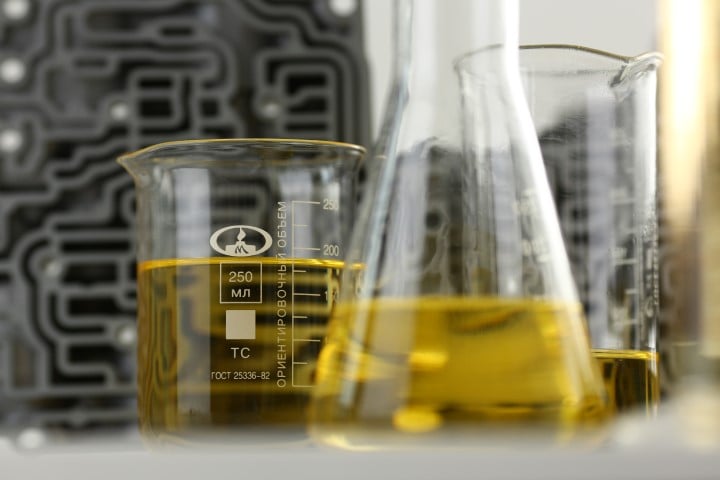Diesel Fuel Storage Guidelines: Critical Use Update For 2020
For hospitals and critical use facilities, care and husbandry of emergency stored fuel is a hotter topic than ever before. You can’t treat stored...
Stored fuels are mostly diesel and/or biodiesel blends stored in large and small tanks for use in stand-alone generators, vehicles, and boats. Some power plants that run on coal or natural gas also use stored fuel, keeping large tanks of #2 diesel fuel to have on hand as a start-up fuel to get their turbines going again after a planned or unplanned shutdown.
![]() Fuel storage is an integral part of the energy plans of many businesses and most fleets and municipalities. It's also important for families that may be counting on a generator for use after a storm. Stored fuels have to be available for use at a moment's notice (whether after a hurricane emergency or just simply for when a long-haul truck pulls up to fill up). These fuels must maintain the same consistent quality over the weeks and months of storage as when they were put in as fresh fuel.
Fuel storage is an integral part of the energy plans of many businesses and most fleets and municipalities. It's also important for families that may be counting on a generator for use after a storm. Stored fuels have to be available for use at a moment's notice (whether after a hurricane emergency or just simply for when a long-haul truck pulls up to fill up). These fuels must maintain the same consistent quality over the weeks and months of storage as when they were put in as fresh fuel.
Maintaining the stored fuel quality means preventing oxidative fuel breakdown (breakdown through oxidation) from exposure to air and light, preventing hydrolytic breakdown through exposure to water, and keeping the storage tank free from microbes.
Fuel stabilizers function to blunt oxidative by interrupting the chain of oxidation reactions that happen in the fuel upon exposure to air and elements containing oxygen. Hydrolytic breakdown can be prevented by controlling the buildup of water within the tank, which is sometimes inevitable depending on how long the fuel is stored.
More seriously, the build-up of water is a big problem for fuel storage because it gives an avenue for microbes to invade, thrive and grow in the tank, destroying the fuel quality and rendering it almost useless for the future purpose the fuel storer has for it. And when this happens, an infestation is difficult to get rid of without using a biocide to kill the microbes.
The biocide issue is a key distinction that fuel consumers may not be aware of. Fuel additives that control water are used by a lot of people. And this is an important step toward minimizing the conditions most commonly associated with microbes to grow and multiply and thrive. But sometimes these microbes still do find their way in, and when this happens, a biocide is needed to kill the microbial colonies. At this point, you cannot get rid of the infestation without using a biocide.
Stored fuels represent a significant financial investment for many companies, municipalities, and fleets, and families with tight budgets. No fleet or fuels manager wants to have to go through the headache of figuring out what they're going to do with several thousand gallons of wrecked fuel. So it makes prudent sense, from a financial and operational standpoint, to undertake good housekeeping and preventive measures to keep the fuel quality from degrading.

For hospitals and critical use facilities, care and husbandry of emergency stored fuel is a hotter topic than ever before. You can’t treat stored...
The idea of preventive maintenance is, that you do a little work on the front end to save a lot more work and expense on the back end. We're all...
Maintaining today's stored backup fuels is a bigger job than it used to be. With the way fuels have changed, you're much more likely to encounter...